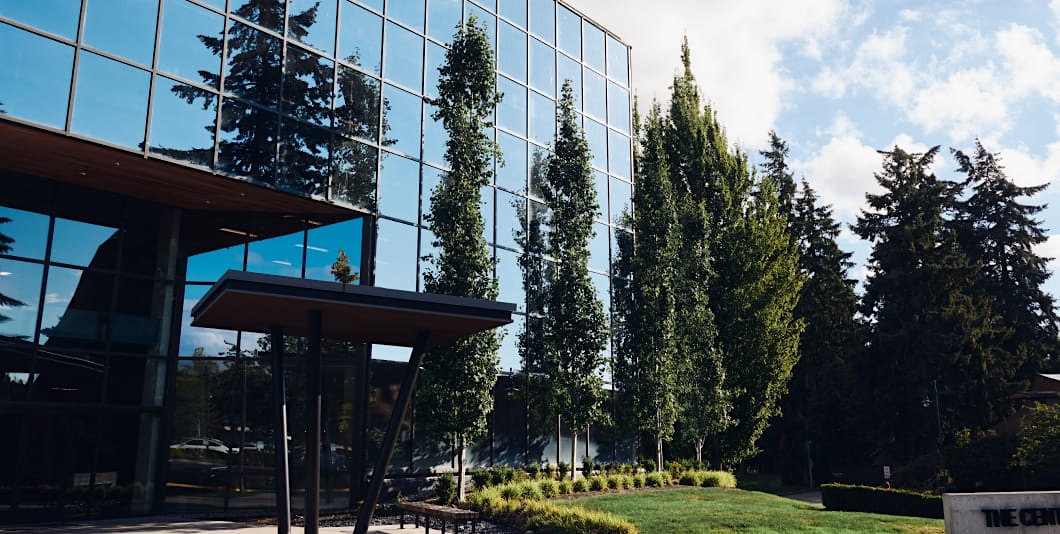
Generally, Washington law does not require landowners to safeguard their premises for trespassers or licensees, also referred to as “social guests” in certain situations. Rather, landowners must merely refrain from willfully or wantonly injuring trespassers and licensees.
But what does that mean?
To answer, here is an example: if a group of friends wandered into a farmer’s field, and someone from the group became injured, then the farmer would not be responsible for that friend’s injuries because the group had trespassed onto the farmer’s field.
But what if the farmer’s field was a pumpkin patch and open to the public for pumpkin picking?
In this situation, where the farmer opens his business to the public, the group of friends go from trespasser to business invitee.

What does this status change mean?
The status change from trespasser to business invitee also changes the farmer’s responsibilities or what the law calls “duty.” The farmer’s invitation to the public to enter his field, by which he receives an economic benefit, triggers an affirmative duty.
What is an affirmative duty?
Under Washington law, a landowner’s affirmative duty at minimum requires landowners to warn business invitees of possible dangers or hazards on their property’s premises. If a warning would not be enough to prevent a business invitee from injuring themselves, then the landowner must protect the business invitee by removing or otherwise safeguarding the dangers or hazards.
Returning to our farmer and pumpkin patch example: if there was a two feet by three feet ditch in the middle of the pumpkin patch, the farmer could put up multiple signs to warn pumpkin pickers (the business invitees). Alternatively, the farmer could also fill the ditch to prevent anyone from tripping or falling into the ditch.
At the heart of Mihaila v. Troth was the question of whether the landowners had fulfilled their affirmative duty.
In Mihaila v. Troth, an electrical grounding rod protruding 15-16 inches vertically from the ground impaled our client, Mr. Mihaila when he fell from an A-frame ladder. Before the fall, Mr. Mihaila had become aware of the electrical grounding rod and was concerned about the danger it posed. Nevertheless, Mr. Mihaila continued doing his work while atop the A-frame ladder.
Why was Mr. Mihaila on the Troth property and on top of an A-frame ladder?
Mr. Mihaila had a pre-existing relationship with the Troths. For many years, the Troths had hired Mr. Mihaila as a general contractor to help remodel and renovate portions of their home and the many fixtures on their residential property. On the day of his injury, Mr. Mihaila was re-roofing a Tuff shed located on the Troths’ property.
Given the purpose of Mr. Mihaila’s presence on the Troths’ property, Mr. Mihaila was a business invitee. Accordingly, the Troths had an affirmative duty to warn or protect Mr. Mihaila.
The trial court confused and conflated several elements of Washington law and determined that Mr. Mihaila’s knowledge of the hazard in turn resolved the Troths’ affirmative duty. The trial court then proceeded to dismiss Mr. Mihaila’s claims.
Washington Court of Appeals Division II, however, disagreed.
The Court of Appeals reaffirmed that landowners owe an affirmative duty to business invitees, whether dangers or hazards are open and obvious. Moreover, the Court of Appeals also affirmed that when a business invitee risks encountering a danger or hazard to gain an economic benefit, then the landowner remains liable.
Ultimately, the Court of Appeals decision reiterates that a landowner’s affirmative duty does not so easily go away.












